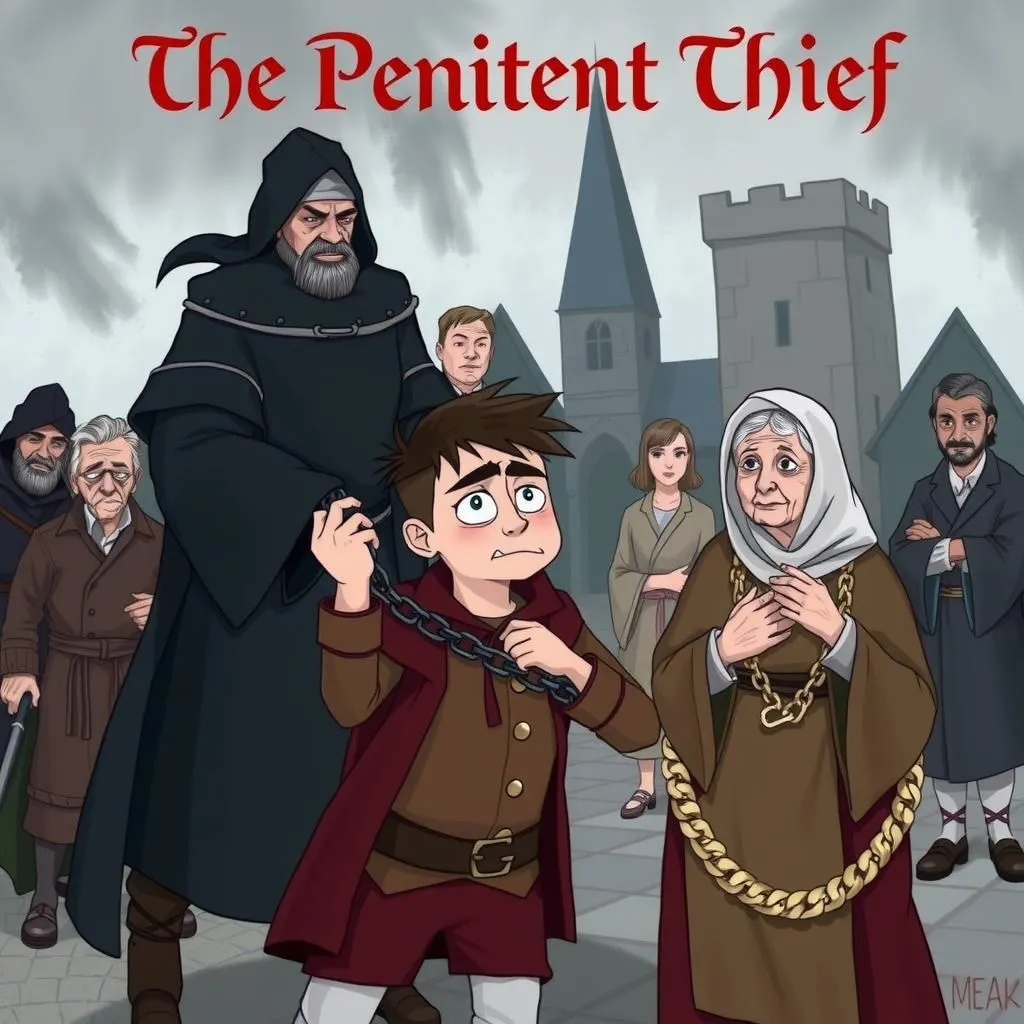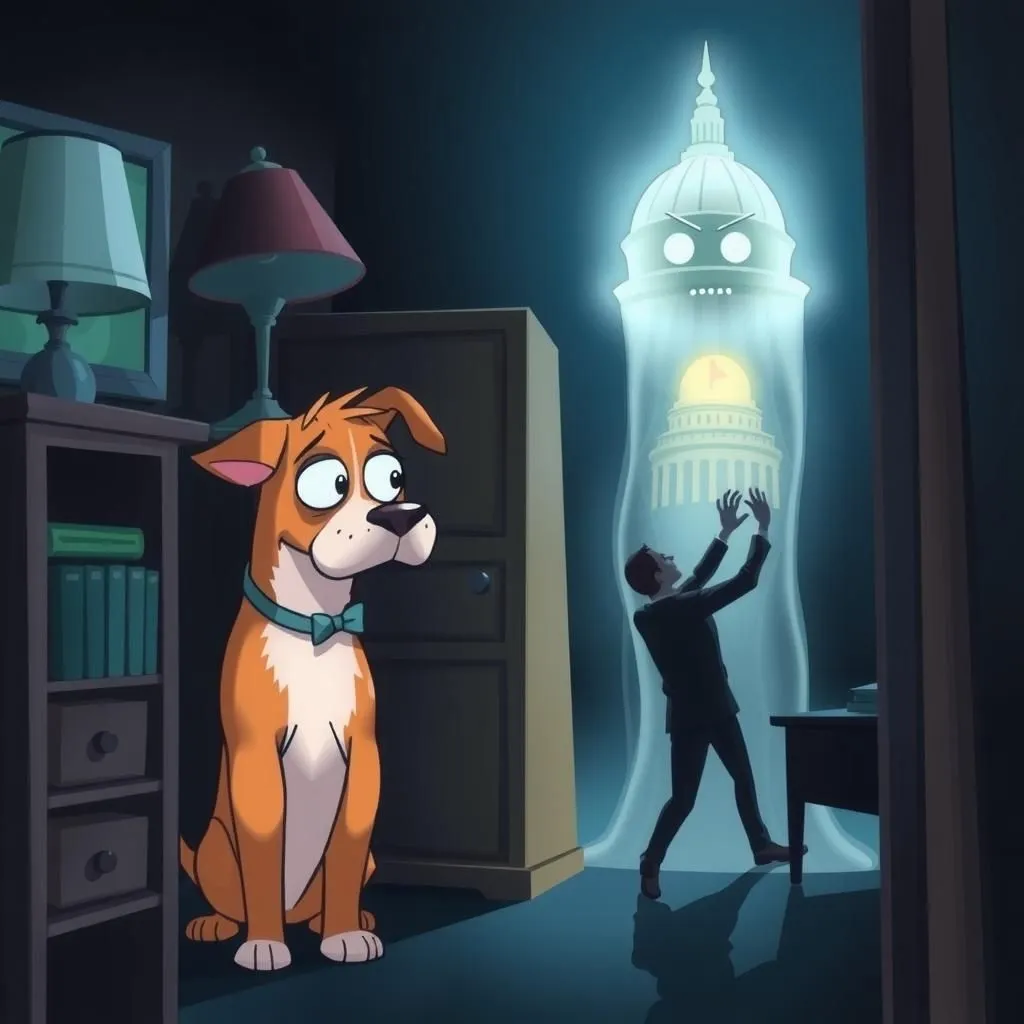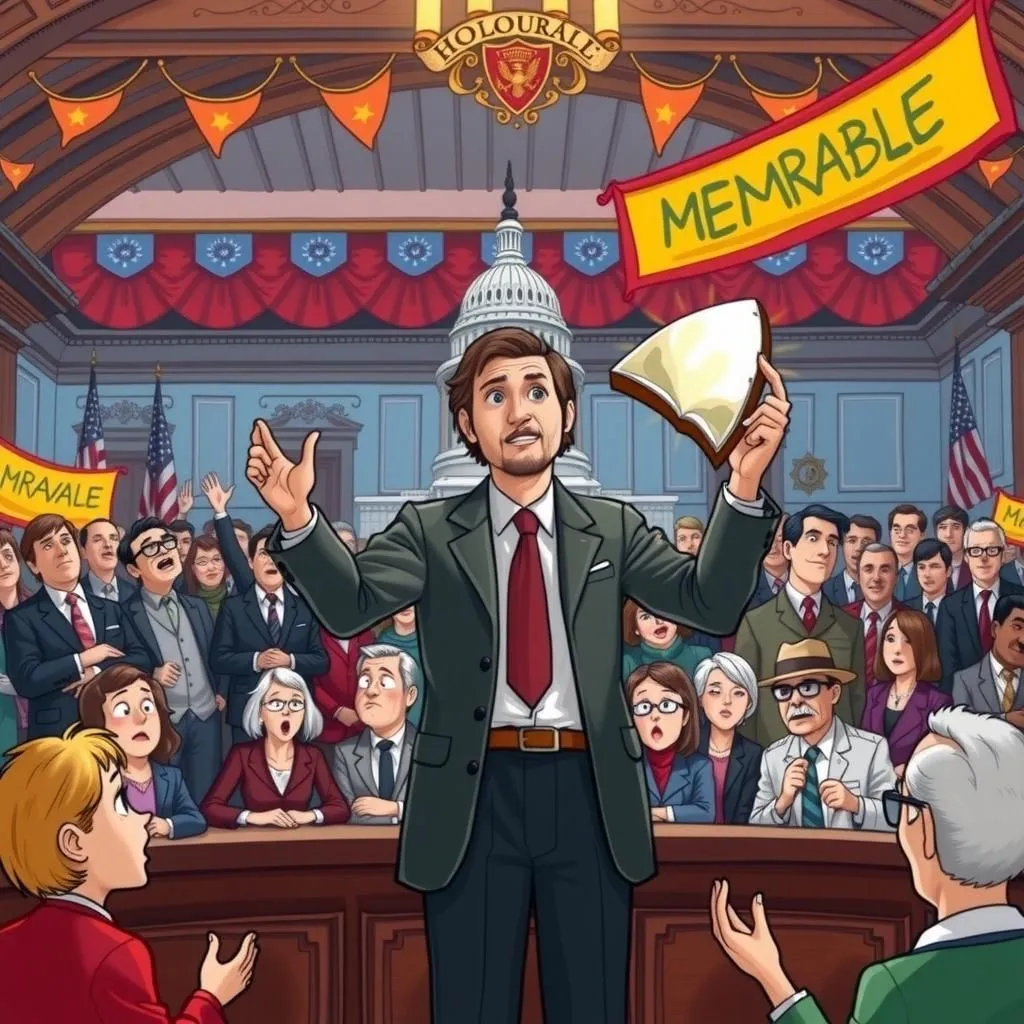
The Penitent Thief
In "The Penitent Thief," a man, raised by his mother to steal, faces execution for his crimes and blames her for his fate. As he confronts her, she challenges him by questioning his failure to avoid capture, illustrating the life-changing lesson that personal accountability is crucial. This heartwarming moral story serves as a reminder of the consequences of one's choices and the importance of accepting responsibility for one's actions.


